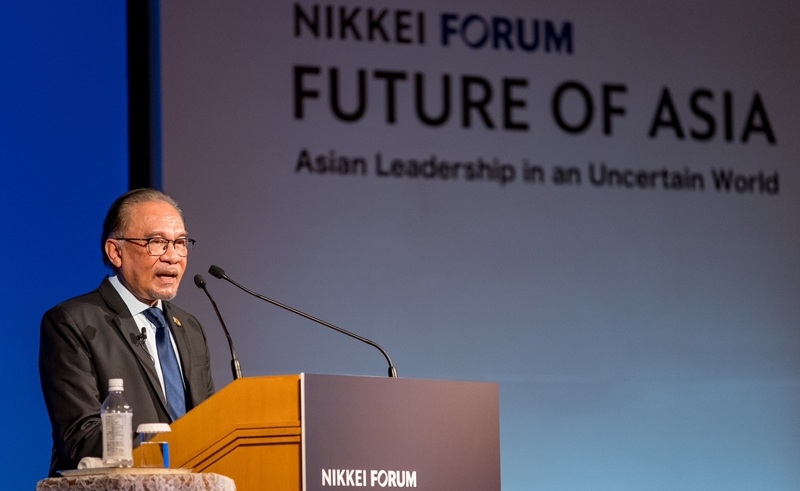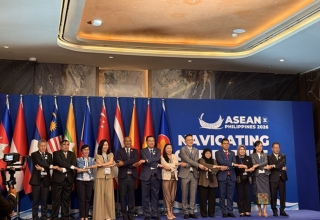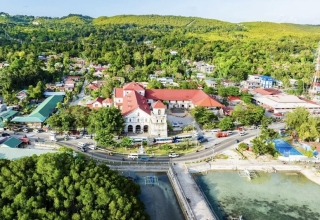
The government of Malaysia has placed great emphasis on the fact that young individuals around Southeast Asia are the engine of regional change and thus they play a significant role in solving global problems by coming up with innovative ideas and leadership projects.
The first Nusantara Youth Forum 2025 ended on a resounding decision of the Investment, Trade and Industry Minister of Malaysia who is Tengku Datuk Seri Zafrul Tengku Abdul Aziz passing an interesting message on youth empowerment. The minister emphasized that ASEAN youth can have the potential to be global changemakers but not passive observers of the regional development.
Addressing a group of rising stars, both in business and in education, and as well as in creative careers in Menara Petra, Putrajaya, Tengku Zafrul explained the vision of the Malaysian prospect to be transformed by the young generation of entrepreneurs, business students, and innovators. The meeting united various voices with the idea of having a theme of: From the Region to the World: Leading the Way in a Sustainable Change.
With Malaysia taking over the ASEAN chairmanship in the year 2025, youth empowerment plays a central role in the Malaysian regional policy design. This practice can be seen as an extension of a deeper realization, which assumes that a sustainable development will also need the input of younger generations that will have to deal with the outcomes of the choices that are being made here and now.
The government is not just talking but also action in terms of policies that can ensure creation of openings to the ASEAN youth in various sectors. Such programs are supposed to fill in the gap between ability and application of innovative skills in the minds of the youth.
Digital Economy Integration Drives Youth Opportunities
The leadership of Malaysia has mentioned the Digital Economy Framework Agreement as one of the keystones in empowering the youth in the region. This is an inclusive ASEAN-wide pact on digital trade which is a great opportunity to young businesspersons and technology-savvy in the region.
The framework envisions significant increase in the digital economy of the region, and is estimated to grow to more than US$2 trillion by 2030. This goal will lead to never before seen opportunities of the ASEAN youth engaging in international digital businesses and new business models.
Moreover, ASEAN SME Academy provides a practical platform where young entrepreneurs can derive the necessary skills in establishment of successful cross-border enterprises. The academy supplies equipment and material that is geared towards assisting the youth in working through the regional business growth hiccups.
New industrial master plan 2030 in Malaysia shows how national development strategies can augment regional youth empowerment. The plan targets high-value areas and future-skills and provides good jobs that meet the expectations of ASEAN youngsters.
The fact that the national policy is aligned to the development of youth in the region establishes a system in which youths can make useful contribution to economic growth without compromising on their preferred career prospects. The focus on future ready skills will help to keep ASEAN youth ahead of the global marketplace.





















